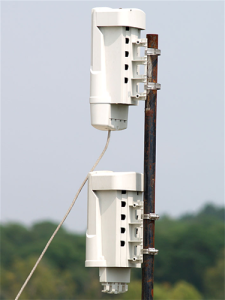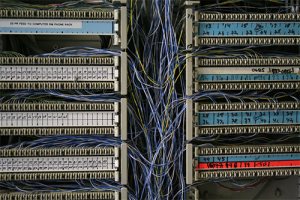TL 9000 is an international standard that establishes the requirements for a quality management system (QMS) for the design, development, manufacture, supply, installation and maintenance of telecommunications products and services.

TL 9000 Quality Management System for Telecommunications was designed in 1998 by the QuEST Forum, a group of service providers, suppliers, and liaisons dedicated to the Telecom industry and the standard focuses on enhancing quality management practices across the telecommunications sector. This standard is based on ISO 9001 and it includes specific requirements to meet the needs of the Information and Communications Technology (ICT) industry.
TL 9000 is a customer-oriented standard with requirements on customer satisfaction, quality improvement, and customer-supplier communication. It provides a measurement system that allows an organization to track performance and improve results. It also mandates the use of a product life-cycle model and the use of predefined measurements. TL 9000 aims to:
- Establish and maintain a common set of telecom QMS requirements, which reduces the number of standards for the industry.
- Promote a system that protects the integrity and use of telecom products hardware, software and services.
- Define effective cost and performance-based measurements to guide progress and evaluate the results of QMS implementation.
- Leverage the industry conformity assessment process.
- Drive continual improvement and enhance customer relationships.

TL 9000 is a two-part quality system with significant management and measurement components which are defined in two separate handbooks:
- TL 9000 Quality Management System Requirements. This handbook includes the full text of ISO 9001: 2008.
- TL 9000 Quality Management System Measurements.
This QMS standard applies to all telecom manufacturers and suppliers engaged in the design, development, production, delivery, installation, and maintenance of telecommunication products and services. Organizations that decide to implement TL 9000 can expect the following benefits:
- A decrease in costs of product lifecycle management, audits, supplier management expenses, and general operations.
- Improvement to customer service and overall satisfaction/
- Help in create performance reports for current and potential customers.
- Cost efficiency and improved supplier relationships across the supply chain.
- Access to performance data reports for benchmarking.
- Encouragement for further product and service improvement and continued commitment to quality and business excellence.
- Enhanced competitive position.
Those organizations that decide to certify their QMS, TL 9000 supports 3 distinct certifications:
- TL 9000-H for hardware development
- TL 9000-S for software development
- TL 9000-V for services (installations, engineering, customer support, etc.)
TL 9000 allows for a registration to cover hardware, software, services, or any combination thereof.
ISO Terms Explained

To the novice quality manager, ISO jargon can be extremely overwhelming. What is an NCR? What do you mean by OFI? Are we certified or accredited? But before you go and pull out your hair, let’s take a moment to go over some of the most frequently used terms and their definitions with regards to ISO and Management System Certification.

